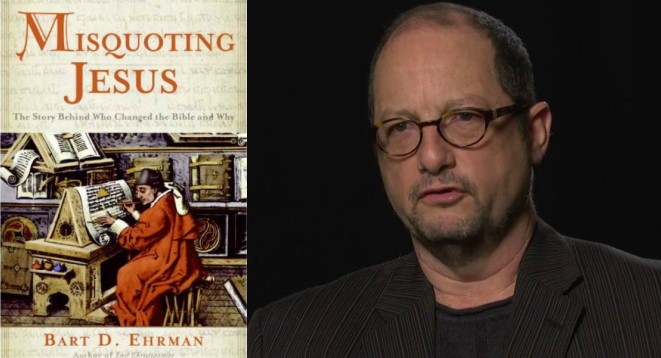The Universe is not Specified to Human Scale
One of the many miscommunications between people of science and Creationists is the assumption that the universe was created for man. If so, the engineer behind this place was wa-ay off the mark. The universe is nowhere near human scale, and the vast majority of it has nothing to do with Man.
We only began to understand the heavens when some very careful measurements were made using precision instruments. Copernicus had to note the precise movements of dots in the heavenly sphere for a long time to be sure enough that they were centered on the Sun, not the Earth. It was easier for Galileo, who polished some chunks of glass to see that even these dots had smaller dots in orbit around them. Dots that couldn’t possibly be seen by, nor affect, the average human.
Then Leeuwenhoek ground some smaller lenses and noticed that there were complete creatures too small to see, and that they were everywhere! He opened up the microscopic revolution in which it turned out that humans (and other creatures) are not made of continuous stuff, but rather each organ is composed of colonies of lesser lifeforms, cells. In fact, each organ is an ecosystem. Our skin (our largest organ after birth) is host to an abundance of microbes, mites, bacteria, and fungi that ideally coexist peacefully to maintain the health of our skin. These “parasites” are essential to our well-being, but they do not share our DNA.
When Mendeleev worked out the periodic arrangement …


